Saving for a Down Payment? Here’s What You Need To Know.

If you’re planning to buy your first home, then you’re probably focused on saving for all the costs involved in such a big purchase. One of the expenses that may be at the top of your mind is your down payment. If you’re intimidated by how much you need to save for that, it may be because you believe you must put 20% down. That doesn’t necessarily have to be the case. As the National Association of Realtors (NAR) notes:
“One of the biggest misconceptions among housing consumers is what the typical down payment is and what amount is needed to enter homeownership.”
And a recent Freddie Mac survey finds:
“. . . nearly a third of prospective homebuyers think they need a down payment of 20% or more to buy a home. This myth remains one of the largest perceived barriers to achieving homeownership.”
Here’s the good news. Unless specified by your loan type or lender, it’s typically not required to put 20% down. This means you could be closer to your homebuying dream than you realize.
According to NAR, the median down payment hasn’t been over 20% since 2005. In fact, the median down payment for all homebuyers today is only 14%. And it’s even lower for first-time homebuyers at just 6% (see graph below):
What does this mean for you? It means you may not need to save as much as you originally thought.
Learn About Options That Can Help You Toward Your Goal
And it’s not just how much you need for your down payment that isn’t clear. There are also misconceptions about down payment assistance programs. For starters, many people believe there’s only assistance available for first-time homebuyers. While first-time buyers have many options to explore, repeat buyers have some, too.
According to Down Payment Resource, there are over 2,000 homebuyer assistance programs in the U.S., and the majority are intended to help with down payments. That same resource goes on to say:
“You don’t have to be a first-time buyer. Over 38% of all programs are for repeat homebuyers who have owned a home in the last 3 years.”
Plus, there are even loan types, like FHA loans with down payments as low as 3.5% as well as options like VA loans and USDA loans with no down payment requirements for qualified applicants.
If you’re interested in learning more about down payment assistance programs, information is available through sites like Down Payment Resource. Then, partner with a trusted lender to learn what you qualify for on your homebuying journey.
Bottom Line
Remember, a 20% down payment isn’t always required. If you want to purchase a home this year, let’s connect to start the conversation about your homebuying goals.
Contact Us:
310-439-8570


 Facebook
Facebook
 X
X
 Pinterest
Pinterest
 Copy Link
Copy Link

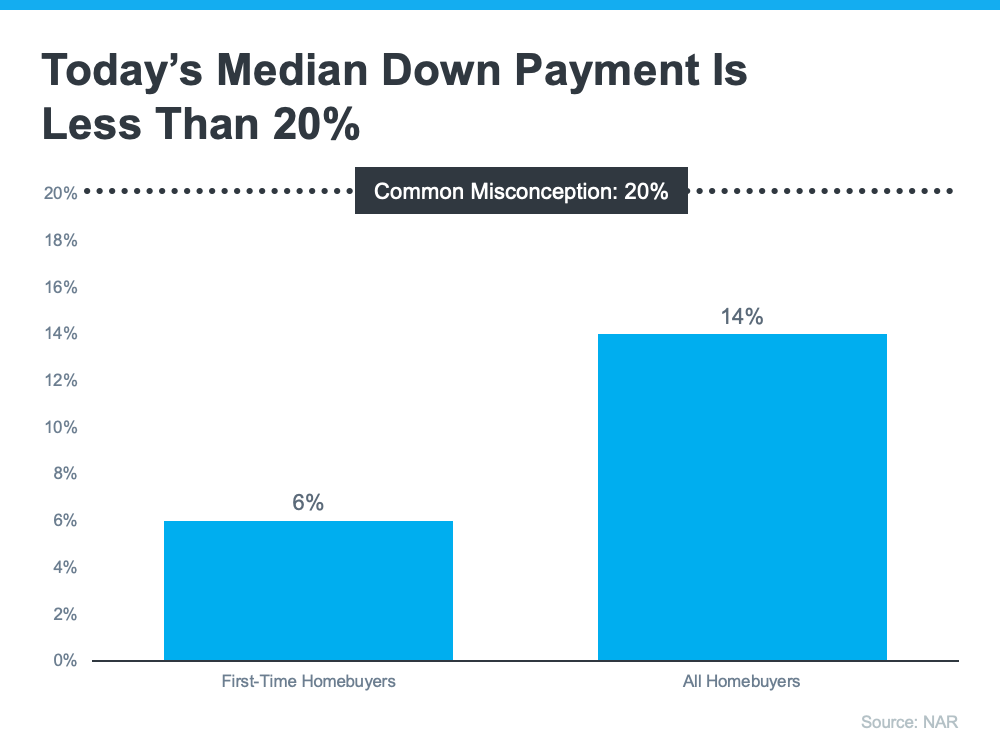





 Real Estate Is More Than Just A Career
Real Estate Is More Than Just A Career
 Family is not just a home but people too. These people you have helped even years ago are not just a client but can also become a family too. Any relationship requires “Trust” and it is one of the most important ingredients in the buying and selling journey–trust from your clients that later on can turn into a more than just client-real estate agent relationship. Choosing the right house for your client is also like creating a safe space and home for them.
Family is not just a home but people too. These people you have helped even years ago are not just a client but can also become a family too. Any relationship requires “Trust” and it is one of the most important ingredients in the buying and selling journey–trust from your clients that later on can turn into a more than just client-real estate agent relationship. Choosing the right house for your client is also like creating a safe space and home for them. 

 Real Estate is a career that people need even in times of recessions, that whatever the status of the economy people need a real estate agent. Real Estate Career is a process and during recessions, the status of the economy will pass by but the real estate industry will continue and durable to last. It is not new and has been here since the beginning. It also has a longevity that is why choosing a real estate career is a good decision.
Real Estate is a career that people need even in times of recessions, that whatever the status of the economy people need a real estate agent. Real Estate Career is a process and during recessions, the status of the economy will pass by but the real estate industry will continue and durable to last. It is not new and has been here since the beginning. It also has a longevity that is why choosing a real estate career is a good decision. 
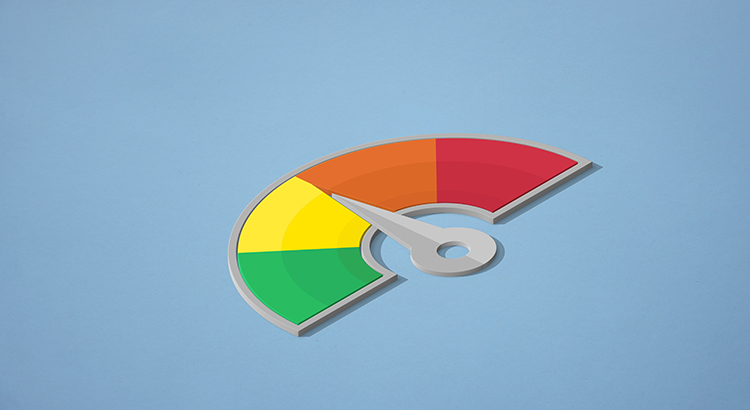


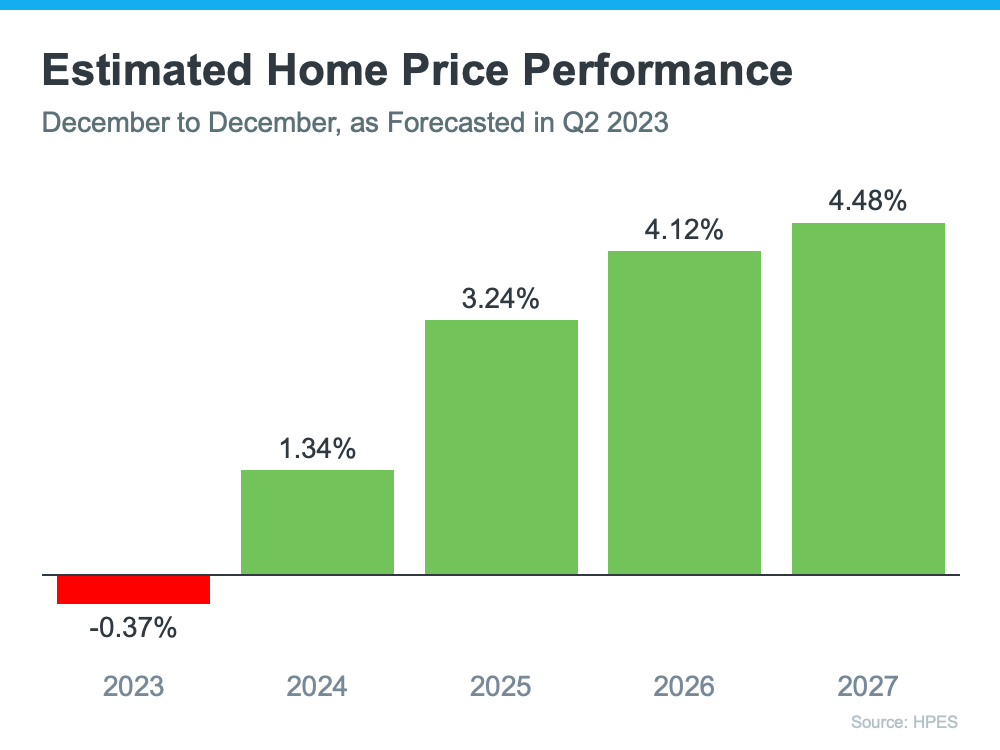
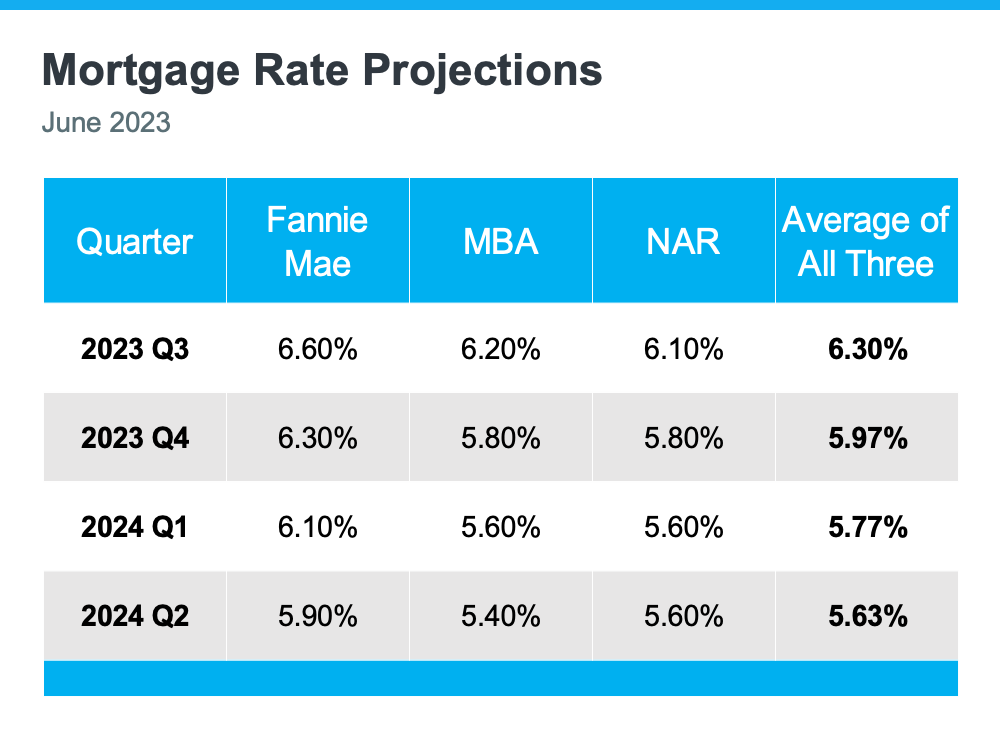


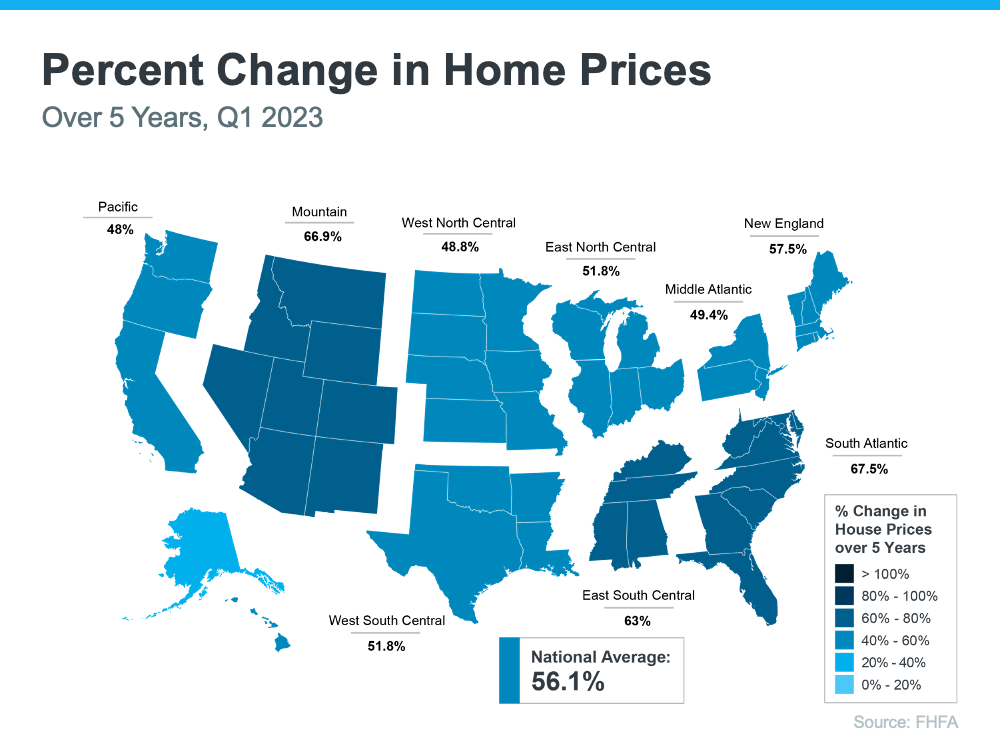
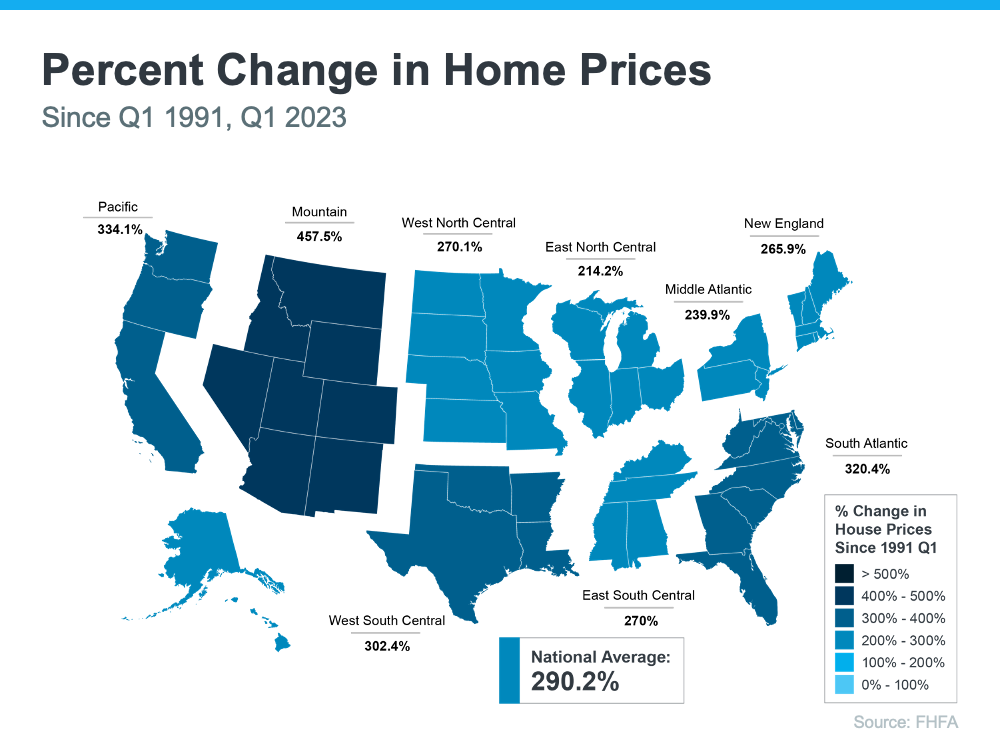

 our finances, calculate affordability, and connect you with reputable lenders who can guide you through the pre-approval process. By getting pre-approved, you’ll have a clear idea of your budget and be better positioned to make confident offers when you find the perfect home.
our finances, calculate affordability, and connect you with reputable lenders who can guide you through the pre-approval process. By getting pre-approved, you’ll have a clear idea of your budget and be better positioned to make confident offers when you find the perfect home.




